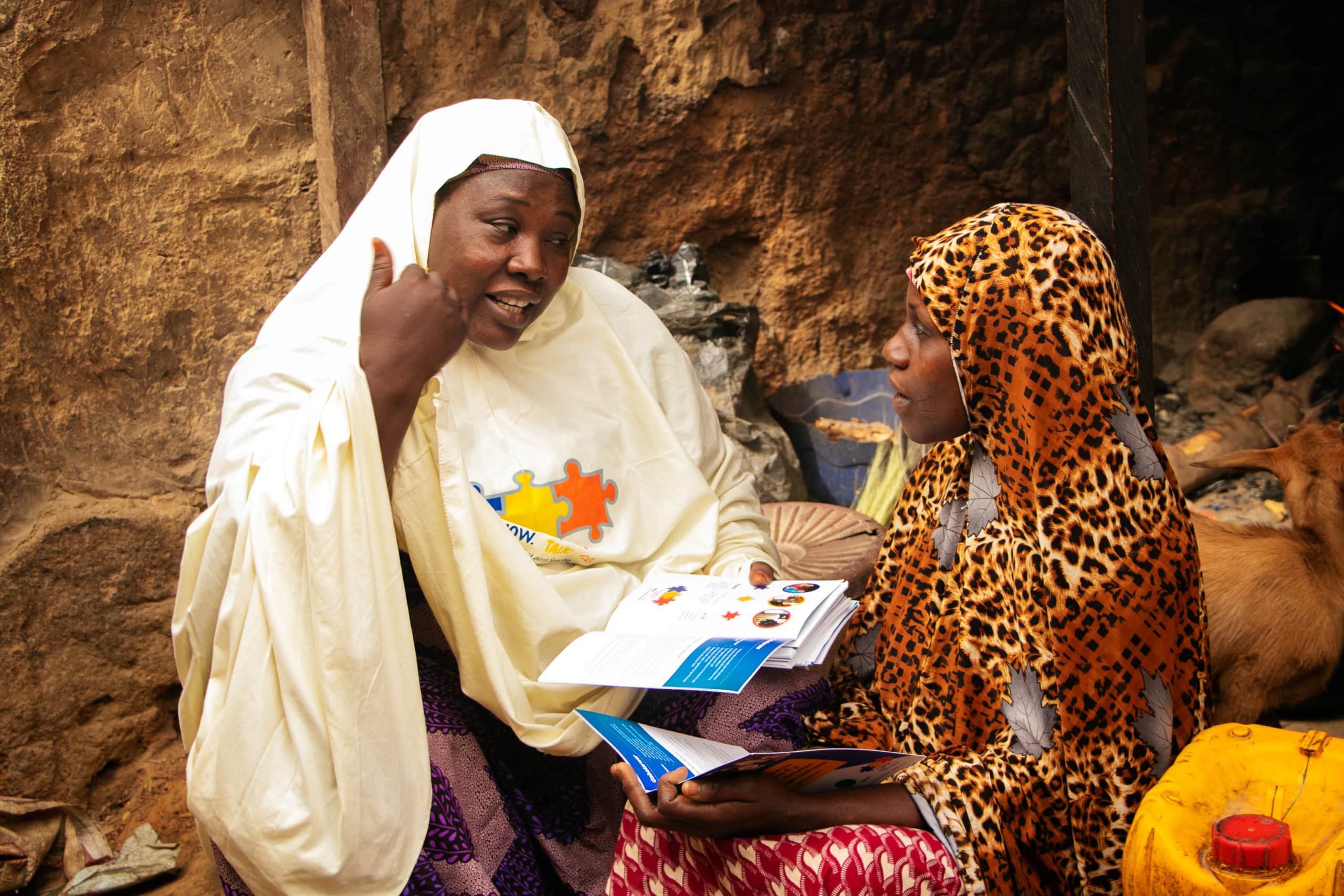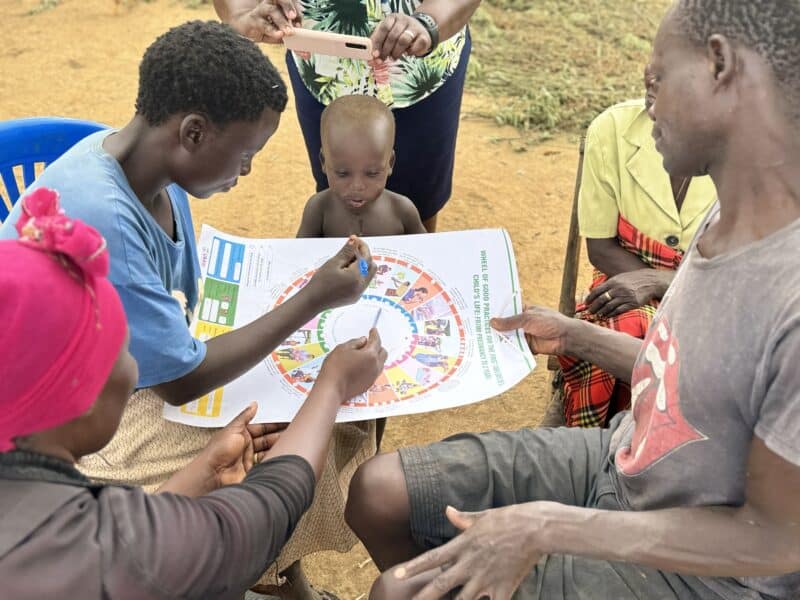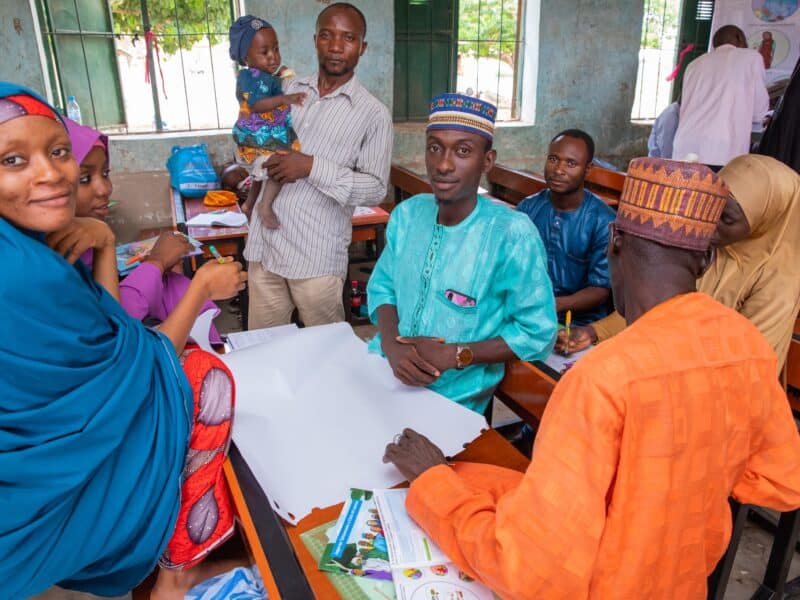A funding model that uses both donor financing and domestic government investment to improve family planning and reproductive health services can successfully create sustainable programs, new research in Nigeria shows.
Traditionally, donors have funded family planning service programs for a set number of years, often making inroads, but typically closing their doors after several years. The Challenge Initiative (TCI), a program funded by the Bill & Melinda Gates Foundation and led by the Johns Hopkins Center for Communication Programs in Nigeria, was based on a different premise: What would happen if governments didn’t just receive money from donors, but had to put in some of their own in an incremental and transparent manner? Would that make programs more sustainable in the long run?
According to findings published in the Global Health: Science and Practice journal, the early answer is yes.
In the first five years of TCI in Nigeria, researchers determined that the foundation spent US$5.6 million in implementation cost to improve family planning in 13 Nigerian states. At the same time, subnational governments committed and co-financed their family planning activities and services with US$3.3 million from their own coffers (which, in many cases, had never happened before).
“The mechanism works,” says CCP’s Victor Igharo, who leads TCI and is an author of the new study. “You can get governments to put money on the table and progressively reduce the commitment required from donors until they become self-reliant by enshrining local ownership and helping governments build the capacity to do family planning work on its own.”
Financing does not happen in isolation, Igharo says. TCI deploys policy and program advocacy to ensure states are on a path towards ownership and health systems resilience. In addition to providing technical assistance in the design and implementation of proven high impact practices in the areas of advocacy, demand generation, service delivery and research, TCI provides states with support in developing proposal writing skills, aligning their resources to effectively coordinate the implementation of family planning interventions by local partners, and using data to strategically advocate for sustainable financing.
Igharo says the core of TCI’s work is to build the management and leadership capabilities of states to lead, drive, and own their health programs while supporting their transition to self-reliance and autonomy. In building management and leadership capabilities to lead, drive and own its health program, states and cities must institutionalize health financing transparency, accountability and good governance.
In the three years before their TCI partnership began in 2018, Taraba State in northeastern Nigeria, which has an estimated population of 3.2 million and low measures in contraceptive use, had no budget for family planning.
During the first year of the partnership with TCI, the state promised US$118,704 for family planning, though only about 21 percent of it was ultimately released. The following year, while the budget was lowered to US$72,101, the actual funds released for family planning increased to US$83,549, more than was committed. In 2020, the budget line item was US$87,856, with US$49,151 released despite increased financial pressure due to the COVID-19 pandemic.
Meanwhile, over the three-year period, client volume at public health facilities more than doubled in Taraba, showing the demand was there. The goal is for states to be financially self-sufficient after five years with TCI.
“As the global funding from donors continues to dwindle, there is increasing need for locally driven financing models that promote ownership and sustainability of family planning and reproductive health interventions,” Igharo says.
“Innovations in Public Financing for Family Planning at Subnational Levels: Sustainable Cofinancing Strategies for Family Planning With Nigerian States” was written by Victor Igharo, Uduak Ananaba, Olukunle Omotoso, TrishAnn Davis, Mwikali Kioko and Clea Finkle.





